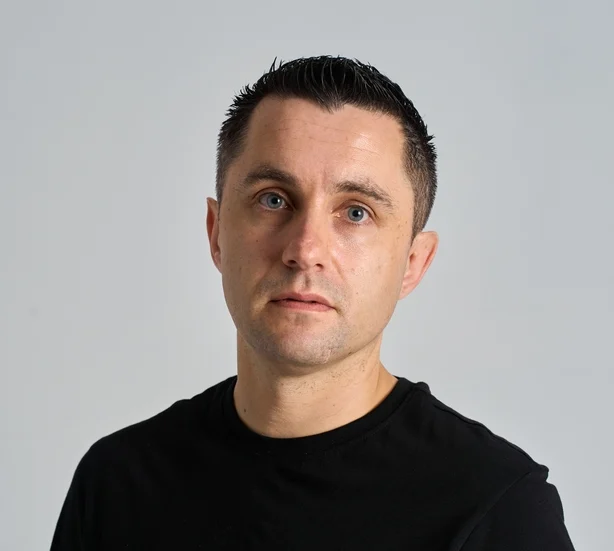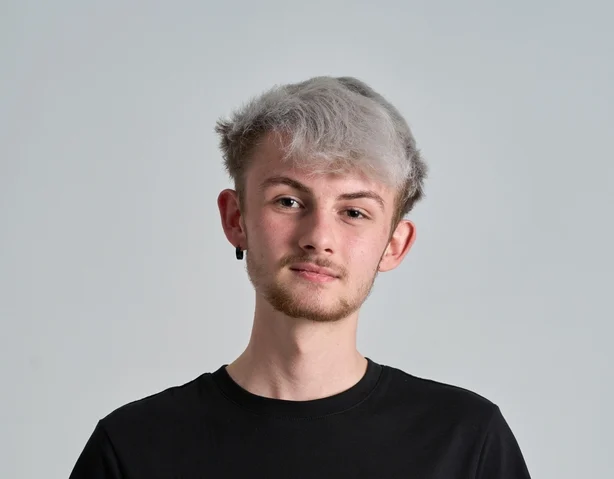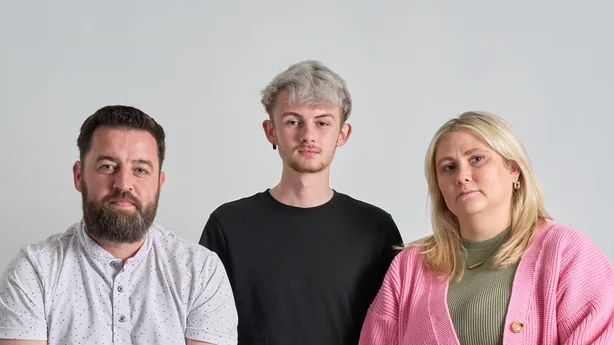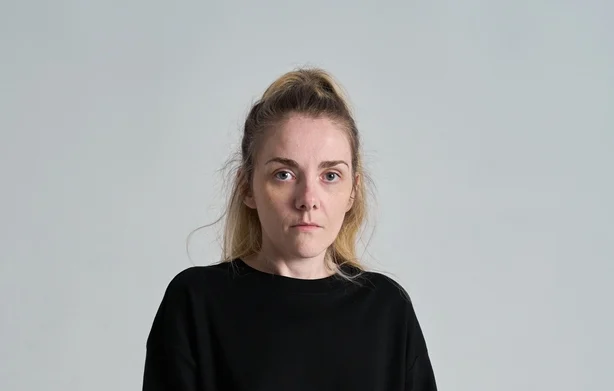Stay updated with the latest beauty tips, trends, and news from our salon experts. Our blog is your go-to source for all things beauty.
Narrated by Angela Scanlon, the documentary delves into the lives of three Irish families grappling with the profound effects of disordered eating and the wide variety of struggles that follow.
From a dad of four struggling with anorexia himself, to a mum trying to find appropriate care for her teenage son, this documentary proves that the disease can affect any person - no matter their gender or age.

42-year-old Sean, a father of four, has struggled with his eating disorder for over a decade, something that previously led him to excessively exercise and fixate on calories.
Before long, Sean's exercise habits escalated to extremes, and he became increasingly fixated on the food he was consuming.
"It just took over my whole life - my family life, holidays, my wife, kids - I missed out on a lot. It was the only important thing for me in life. It had taken over."
Eventually, his health issues became evident enough that he decided to ask for help. Unfortunately, when he first went to the GP, he was misdiagnosed with OCD and a prescription that did little to help his eating disorder.
Looking for a second opinion, he was diagnosed with anorexia by a psychotherapist who recommended he be referred to Saint Patrick's Mental Health Services as an in-patient.
"I think I cried for three days straight but thank God I didn't leave," he says. "The in-patient was tough but I needed it. I wouldn't have stopped doing what I was doing. The people were incredible. I was the only male there but I didn't notice or care."
"Compassion focus therapy was my turning point," he adds. After a year of this therapy, Sean began to put himself out there more, launching an Instagram page to discuss his journey and become a space for men, in particular, to ask questions about anorexia.
We need your consent to load this Instagram contentWe use Instagram to manage extra content that can set cookies on your device and collect data about your activity. Please review their details and accept them to load the content.Manage Preferences
"Josh would have always been a bit iffy about food from the sensory side of things," she explains. As he grew older, she believes that food became associated with control for Josh.
"He'd skirt around not eating certain things, things that had always been classified as 'safe foods' for Josh," she says. "When he was 14 and a bit he noticed that he was just losing weight rapidly. We went on holidays and we saw his body even more so in the pool and stuff like that. It was just so heartbreaking."
When Josh was brought to the GP, he was given high-calorie drinks to encourage weight gain but the treatment stopped there. Due to the secretive nature of eating disorders, it proved difficult to get a diagnosis or long-term care.
Eventually, Jenny decided it was time to present at Crumlin Hospital's A&E. Of course, emergency departments are meant to deal with serious injuries and life-threatening emergencies but, at this time, she felt she was out of options.

From there, Josh was referred to Cherry Orchard Hospital where he and his family underwent FBT (family-based therapy). This line of care essentially meant that Jenny would become Josh's carer and the one to encourage him to eat in the long-term.
However, thoughout this complicated time, she found there was little support for the family - particularly her other two daughters.
"It's very hard for the girls to see everything," she says. "You're trying to catch them all and make sure you haven't missed something with the girls while also trying to help Josh through it."
Moving forward, the mum of three hopes that more effective support systems will be put in place for both the patient and their family members.
"If support for the family could be whipped in at the beginning so that you feel less lost - and when you have a bit more energy as opposed to when you've been traipsing through it for years and are just depleted."

Another person looking for change is Amanda Lynch, a woman living with anorexia for over a decade who was only recently diagnosed with autism.
According to Bodywhys, the relationship between eating disorders and autism is highly complex. Whether autism is a direct contributory risk factor for eating disorders is still an open question, but some autistic people may experience a range of food related difficulties.
For Amanda, the social setting of group therapy proved particularly difficult when she was in treatment:
"Autism makes me want to isolate and then anorexia makes me want to isolate," she reflects. "They both kind of play off each other, so it's just extra difficult."

Now 36-years of age, Amanda is just one of many women who have gone undiagnosed for much of her life. According to UCLA, recent research shows that nearly 80% of autistic females are undiagnosed as of age 18.
Lynch believes that more education around both autism and disordered eating is needed to develop appropriate care services in Ireland.
"I feel like I've never actually been in recovery," she says. "I'll always say that I've never relapsed because I've never actually been in proper recovery. It's just always been a struggle. Up until two years ago, there wasn't an eating disorder out-patient service in my catchment area."
The team she has now is incredibly helpful, and she believes care is set to improve in Ireland, but the continuation of care is something she will continue to fight for.
"The nature of an eating disorder is that you think you're not that bad," she notes. "You don't always realise it's as serious as it is."
For more information, visit Bodywhys.ie or find a services directory here.